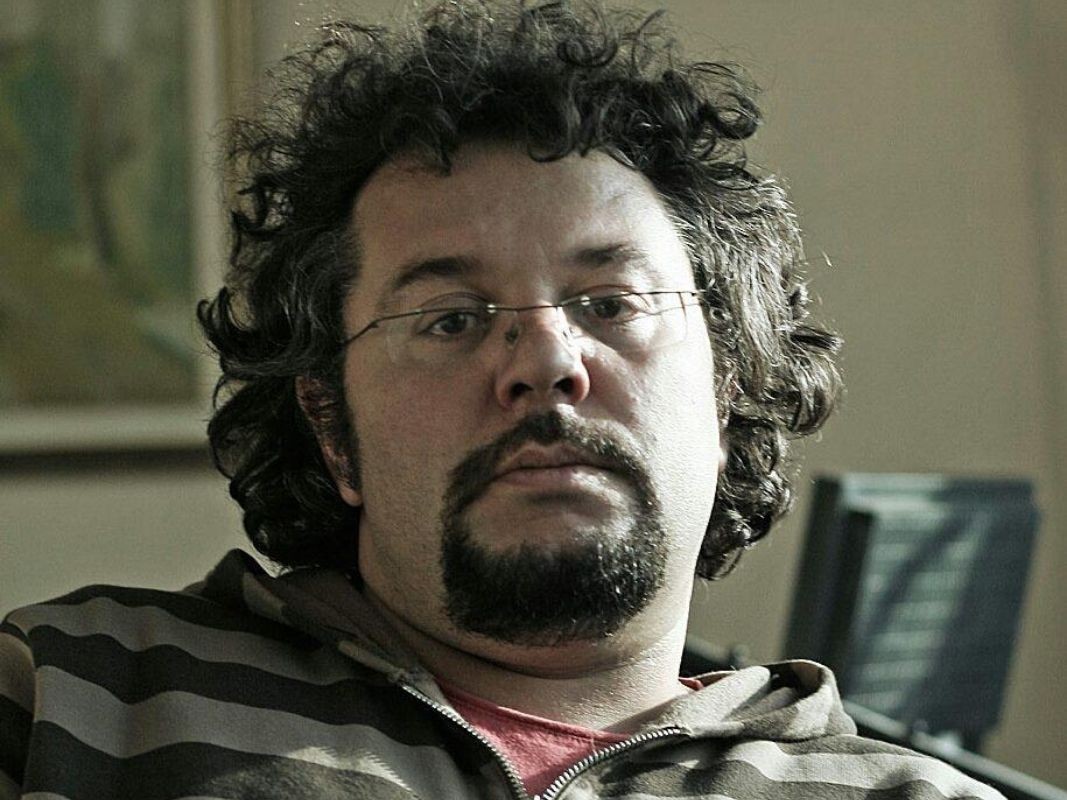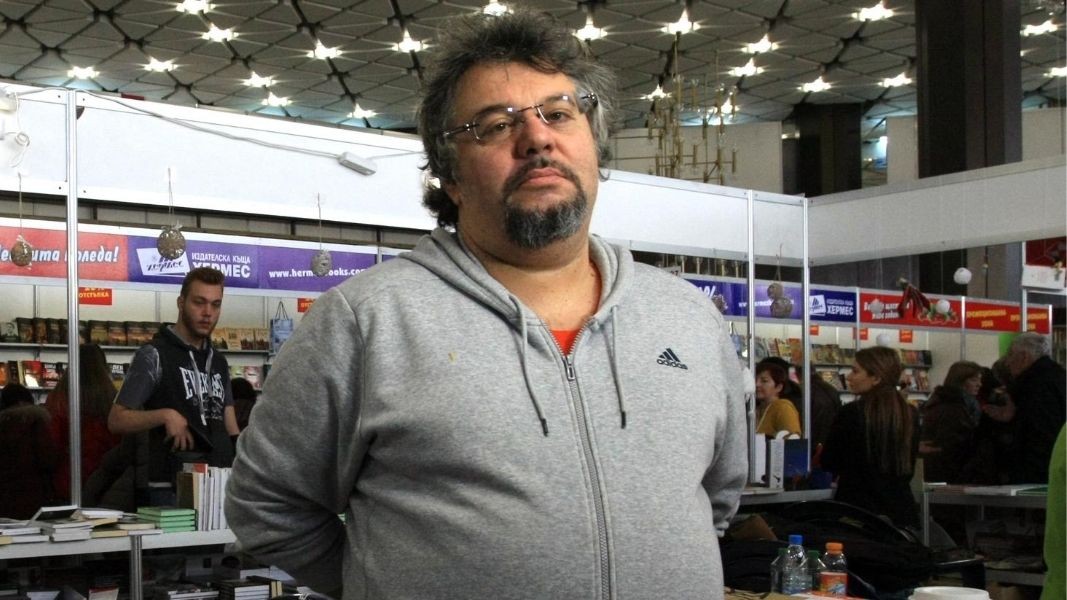"Bulgaria has woken up and citizens have come out to protest against mafia and the oligarchy, but why has Europe not woken up yet?" - this is what protesters at the Eagles' Bridge in Sofia ask. For the second month in a row they have been calling for the resignation of the government and the country's chief prosecutor, pointing out that the protest has no leaders but is an expression of civil discontent accumulated during the years of transition. Among the protesters there are many young Bulgarians with good education and qualification received abroad.
The EU's reputation as a guarantor of the rule of law is at stake because of its inability to respond to the corruption crisis in Bulgaria, leader of the "YES, Bulgaria" political movement, Hristo Ivanov, said in an interview with Politico magazine. Ivanov, who is one of the main figures of the protests in this country said that Brussels and Berlin should bear responsibility for placing the Bulgarian judiciary and other key institutions in the hands of the oligarchic mafia. The publication also quotes him as saying that the European Commission, which is supposed to be guarantor of the Lisbon Treaty, "deliberately closes its eyes to what is happening in Bulgaria", despite the fact European funds are the most appetizing prey for the mafia in this country.

The commentary in this authoritative European magazine should not remain the only display of attention to the long-standing problems of Bulgaria, publisher Manol Peykov says. He shares the opinion that the robbery of Bulgaria has taken place with the silent consent of Europe and as a publisher he pays strong attention to the political and media situation in Bulgaria. Provoked by the lack of attention to Bulgaria by European media, Peykov sent an email to his favorite newspaper - The Guardian. The publisher calls on the British media, which has the reputation of being one of the most influential and objective ones in Europe and the world, to support people in Bulgaria who are fighting for freedom and objectivity of the media:
"I’ve been a follower and a supporter of The Guardian for more than a decade. But I do find your reporting about Bulgaria sorely lacking. I cannot help but wonder: at what point of your glorious journey toward becoming one of the most trustworthy liberal news outlets in the Western world did you lose Bulgaria from your mental map? Is it too small? Too plain to you? Too peripheral? Too uninteresting?" Manol Peykov writes in his letter to the paper.
Radio Bulgaria has contacted Manol Peykov to find out more about his motives to write these lines.
"Everyone chooses some information channels to trust. In the past ten years I have been trying to read The New York Times, the Washington Post, but for me The Guardian remains a benchmark for liberal thinking, not only in Europe but in the world. I also pay a small amount to read their articles on the Internet. In this sense, the absence of Bulgaria from the topics in the newspaper is very painful to us. Many Bulgarians receive information from there and we look for the paper's analyzes, because in the Bulgarian press it is very difficult to find something different than just basic information. We need commentaries and analyzes that help one get to the heart of things. If one was a reader of foreign press and they read The Guardian, they would not be able to understand the real situation and why people in Bulgaria have taken to the streets and call for the resignation of the Prime Minister and the Prosecutor General or what the Prime Minister is saying in response. You see a snapshot, but you don't have the opportunity to understand the reasons behind what is happening in this country."

There must be some interest and understanding that Bulgaria is important, as this part of the world is also part of Europe. It is an important element of the overall puzzle and that is why I am writing to them, Peykov says. The Bulgarian publisher does not expect a written answer to his questions, but hopes that more compatriots will turn to the European institutions and media so that Bulgaria could get out of the information fog surrounding it. Protest actions by Bulgarians in front of the headquarters of the Christian Democratic Union in Berlin and the EC representation in Vienna have already taken place, as many Bulgarians abroad show solidarity with the protests in their home country.
English: Alexander Markov
Bulgarian scientists in Antarctica traditionally celebrate the New Year several times, depending on the presence of foreigners in the base, the head of the Bulgarian Antarctic Expedition, Prof. Dr Christo Pimpirev, told BNR Burgas. One of the..
Bulgarians' assessments of the past year in personal terms differ sharply from their views on the situation in the country and the world , according to a nationally representative survey conducted by polling agency Alpha Research between December 1 and..
For the fifth consecutive year, the Sketches of Sofia initiative have delighted Sofia's residents with gifts placed at the city's statues . Every year, photographer Ivan Shishiev and his wife buy books for Sofia residents, wrap them up and place them at..
The 22nd edition of the "Bulgarian Christmas" charity performance will take place tonight at the Ivan Vazov National Theatre. The initiative is held..
For the fifth consecutive year, the Sketches of Sofia initiative have delighted Sofia's residents with gifts placed at the city's statues . Every year,..
Dear friends, We at Radio Bulgaria send you our warmest wishes for a Merry Christmas! May your hearts overflow with joy, your homes be filled..

+359 2 9336 661
